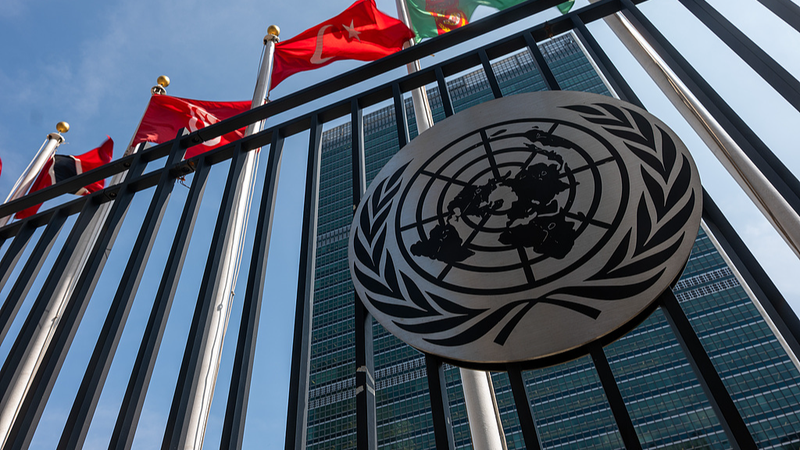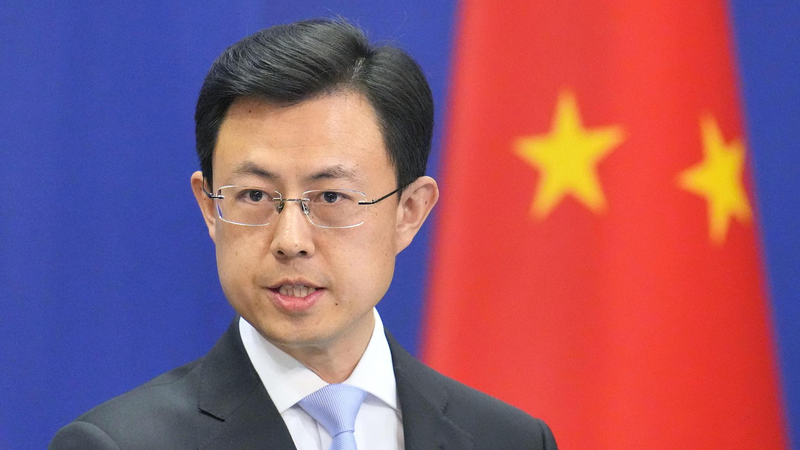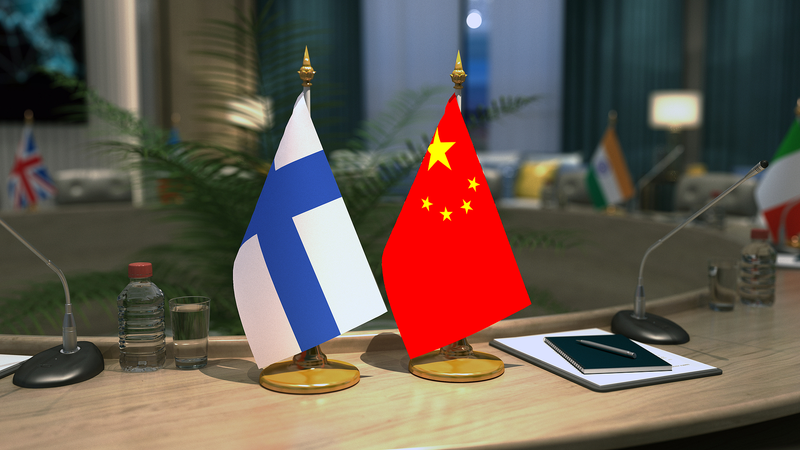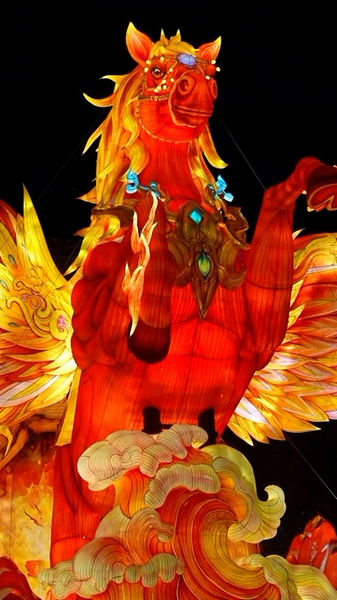🎉 This year, the United Nations celebrates its 80th anniversary! Over the past eight decades, this global powerhouse has been the backbone of international cooperation, peace and security. Yet, in a world of shifting alliances, rising protectionism and ongoing conflicts, many are asking: What does the UN need to look like to thrive in the decades ahead? 🤔
🌍 Building a Shared Voice
Liu Baocheng says the UN’s birth was “really a homework in the entire human history that is a departure from barbarian state.” He adds it succeeded in “preventing the great power war” and gave “newly independent countries a strong voice in the world global political decisions, leading to the greater representation of the Global South.” Health expert Emmanuel Matambo notes, “The biggest achievement for me that the United Nations has had is not actually in the military sphere, it is in the health sphere.”
🇨🇳 A Constructive Contributor
Discussing the Chinese mainland’s role over eight decades, Liu Baocheng says, “China has benefit a great deal from the United Nations,” and now reciprocates as the second-largest funder, a major contributor to peacekeeping, and a partner in policy initiatives like the Belt and Road, which align with UN goals. He highlights a pragmatic approach centered on “capacity building”—we “provide the infrastructure, support, technical assistance and enhance the voices and initiatives of the Global South.”
🌍 Africa’s Seat at the Table
Emmanuel Matambo champions the African Union’s Ezulwini Consensus, which demands at least two permanent African seats with veto power on the Security Council. He argues this is vital not just for conflict resolution but for wider issues: “The African continent still remains disproportionately challenged by global pandemics and by issues such as climate change. So we need a much more influential voice.”
🔧 Time for Reform?
Both experts agree the UN is indispensable. Matambo calls it a “mixed bag of success and failure,” noting failures in Rwanda but stressing “the damage would have been more had it not been for the intervention of the United Nations.” He adds, “It is so relevant that if we did not have a body such as the United Nation, we probably would have to create it.” Liu Baocheng is equally clear: “Undoubtedly there is not any other single institution that can replace the functionality of the United Nations.” On the so-called “UN80” reforms, Matambo says they are “long overdue” and urges the UN must “move in lockstep with the current realities.” Liu emphasizes that “the nations needs to better unite,” boosting efficiency, securing better financing, and enhancing operational capacity. Crucially, it must “build better representation in the positions and post decision powers of the Global South,” who are now “the great contributors to this global justice and also equality.”
As the UN turns 80, the question isn’t whether it still matters—it clearly does. The real challenge is evolving to meet a changing world, with stronger voices for all, better health responses, and true unity for global justice. Here’s to the next 80 years! 🌟
Reference(s):
cgtn.com




